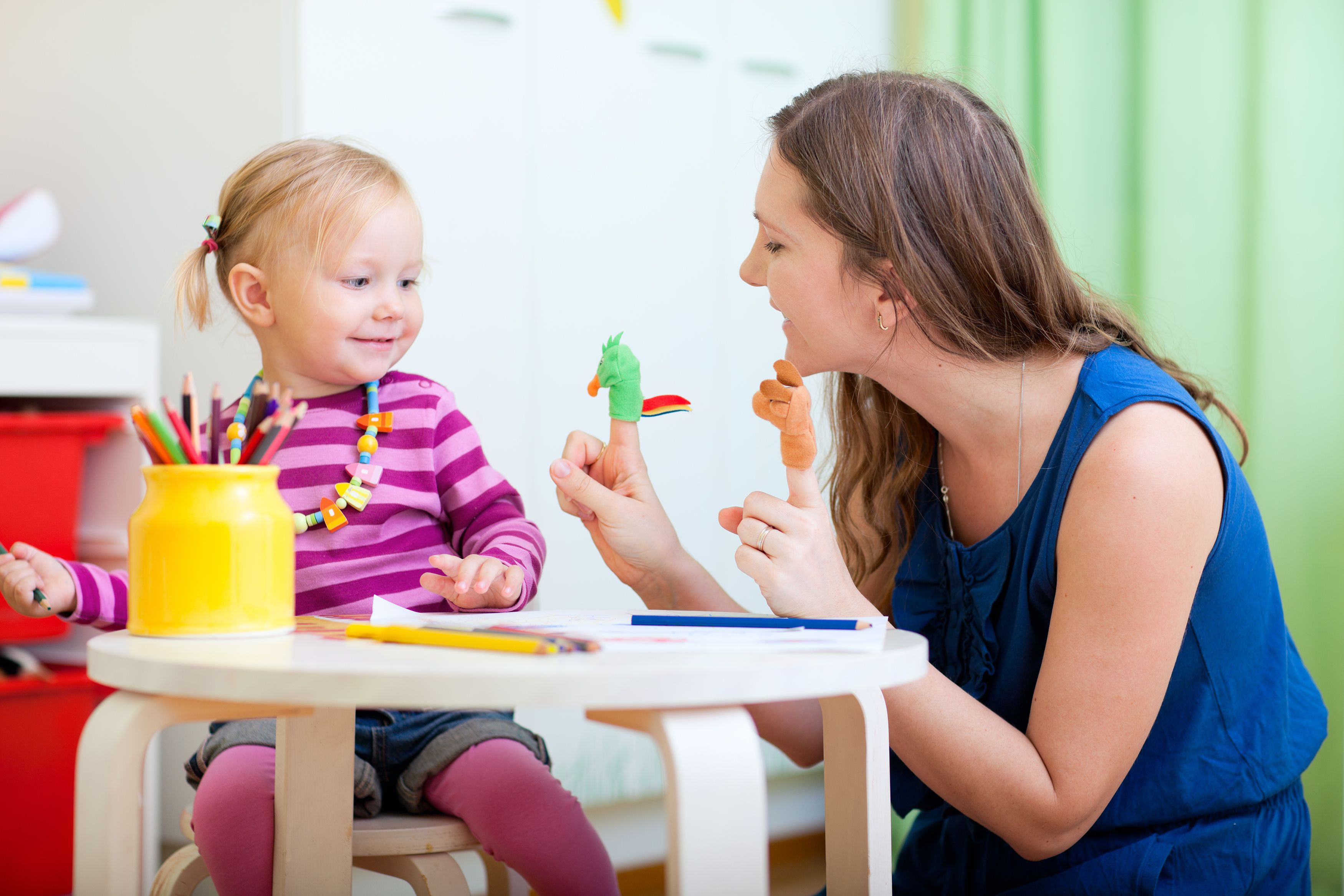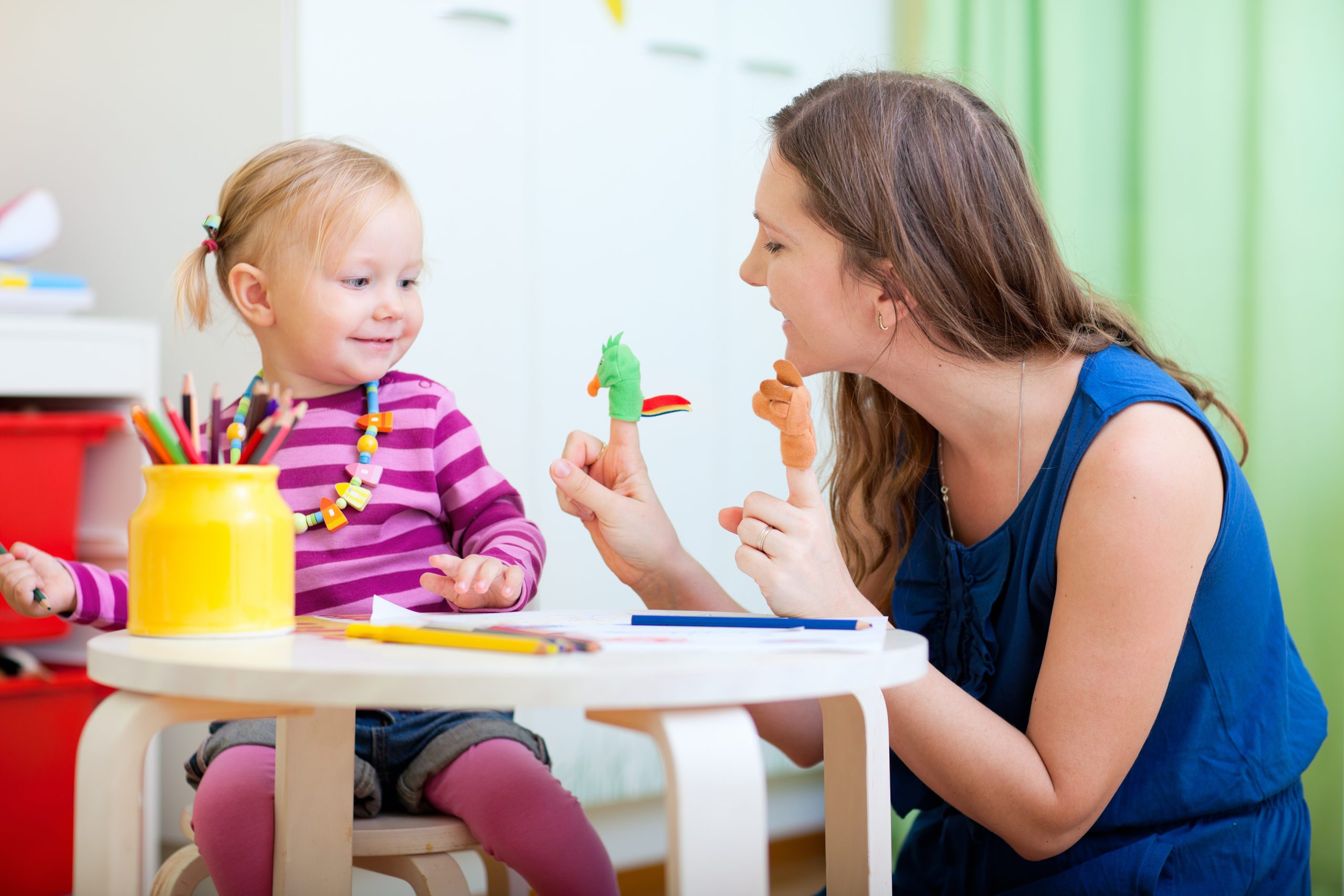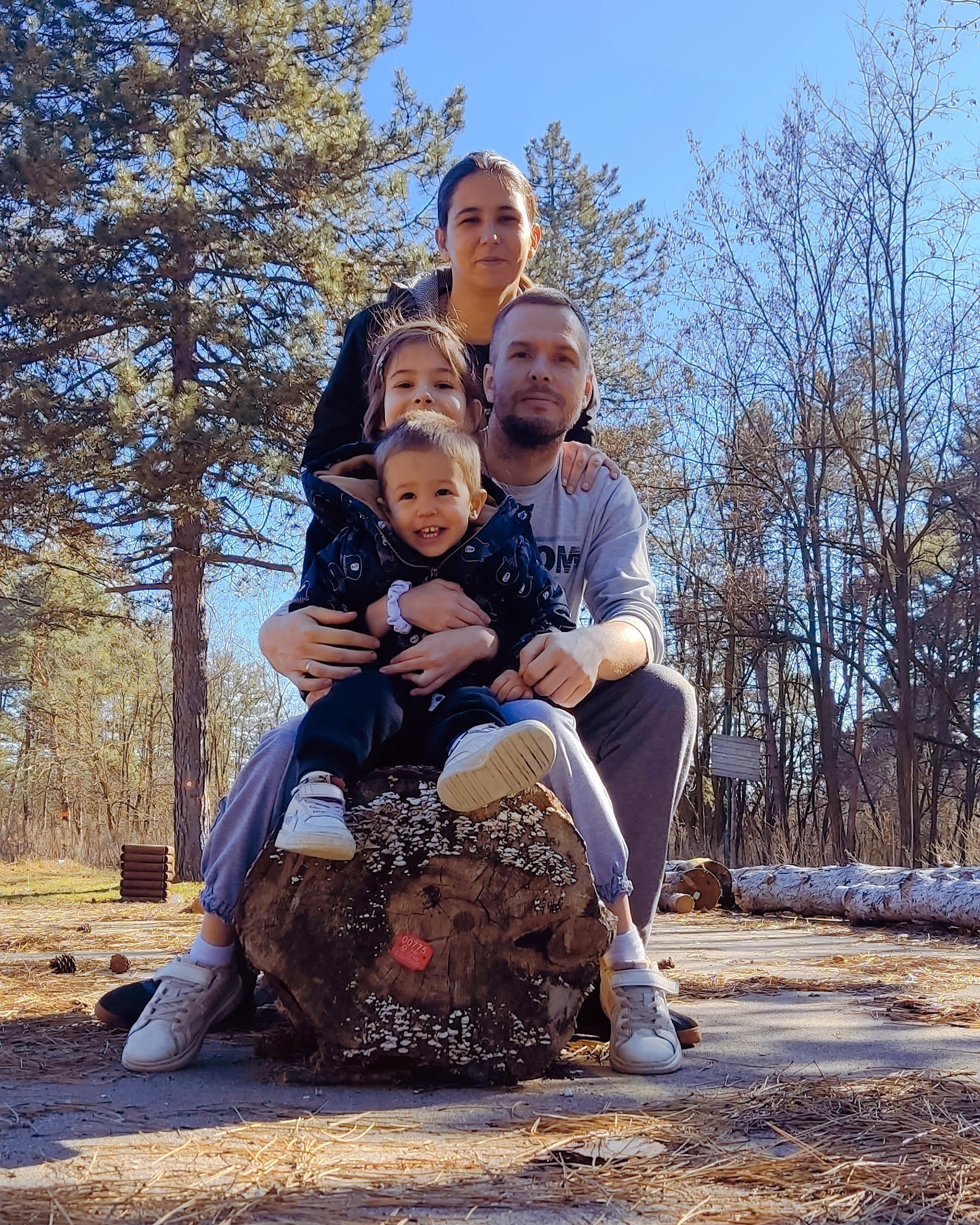Screaming, crying and throwing toys continue in an endless loop. The parent is lost. Confused with what might have provoked this bout of sadness and anger. The turmoil only seems to be getting worse. What could possibly be wrong? What could this child be trying to express to the adults in their lives?
Young children between the ages of one through five years-old often have difficulty expressing their true emotions. This is particularly prevalent when a child has been through emotional trauma, and lives in a troubling environment, often including domestic violence or drug abuse. Due to the fact that young children lack the emotional maturity and complex language skills they often react by screaming, yelling, and desperately struggling to get attention. It is imperative that children who are struggling receive help, so that they have a better chance to lead successful adult lives.
In a recent opinion article published by The Daily News, Tonia Spence reflects on the demand for mental health care for children. The subject of mental health and self care carries many stigmas in the United States. Spence discusses how mental health issues „can emerge between birth and five due to triggers.“ Many times it is hard to interpret the correct signs of mental illness in children and many times results in children who are reacting to stress and anxiety „being labeled as bad.“ Spence works at the Brownsville Child Development Center, which is an early childhood mental health clinic. Brownsville has astronomical levels of childhood poverty, hovering around 44%, compared to 31% nationally. As a result, Brownsville is a source of over a third of New York City’s child welfare cases. Additionally, around half of Brownsville families have lived in homeless shelters. Both of these broader statistics have a direct impact on the emotional and physical well-being of many young children in the area, thus resulting in a mental health epidemic. Spence notes that „parents who themselves have been traumatized often don’t have the emotional capacity to help their children.“ Although it is often not directly the fault of the parent, when two individuals go through traumatizing life experiences oftentimes neither one of them is able to be fully present for the other. New York City has enacted many policies that assist struggling children and their families.

Copyright: BlueOrange Studio
Once a parent recognizes that their child is in need of help or therapy, it is often confusing what to pay and where to pay it. The American Psychological Association has a page of its website dedicated to answering frequently asked questions involving deductibles and co pays for mental health diagnosis and treatments. It is essential to note that the importance of the Parity Law, which was passed in 2008. The basis of this legislation „requires health insurance carriers to achieve coverage parity between Mental Health/Substance Use Disorders and medical/surgical benefits, especially in regard to financial requirements and treatment limitations.“ Often, many children who struggle with mental health from a young age are from disadvantaged backgrounds and whose parents are unable to fully pay for advised treatments, due to steep copays. This limits children who desperately need services due to their parents health care coverage.
Brain development is at a critical point between the ages of one and five years old. Language and motor skills begin to progress at a very high rate between these ages. That is why it is essential that mental health care is provided for children starting at a young age, so that they will be able to lead successful lives as adults. Trauma can be debilitating for people of all ages. If more healthcare services were offered in more neighborhoods and were de stigmatized by society, many parents would be able to seek out the help that both them and their children need in order to receive therapy and strategies for dealing with trauma from licensed professionals.

















